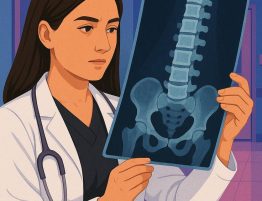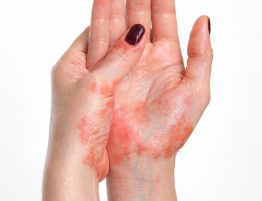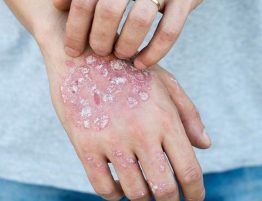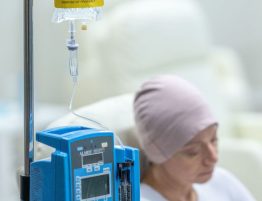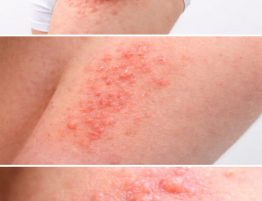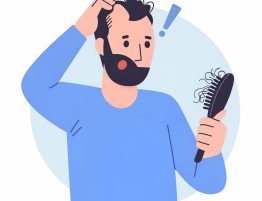
Loss of libido (sex drive) is a common problem affecting up to one in five – and even more women – at some point in their life.
It’s often linked to professional and personal stress, or important life-changing events such as pregnancy, childbirth or breastfeeding. However, an unexpected loss of libido – especially when it lasts for a long time or keeps returning – can also indicate an underlying personal, medical or lifestyle problem, which can be upsetting to both partners in a relationship.
A decrease in sex drive can develop both due to medical conditions as well as to psychological or emotional issues. Inhibited sexual desire is a type of sexual dysfunction that affects both men and women. A reduction in sexual desire has been associated with low testosterone levels in men. Likewise, women in the menopausal transition sometimes report a decrease in sex drive.
Low libido is different from erectile dysfunction (ED), although the two conditions can co-exist. Communication and honesty are needed for a couple to cope while identifying the possible causes. Treatment can vary and may involve /psychotherapy, hormone replacement, lifestyle changes, or the adjustment of drug therapies.
Causes
- Painful intercourse (dyspareunia) – can lead to loss of libido in women
- Psychological factors such as;
- Poor body image
- Anxiety
- Low self-esteem
- Stress
- Poor communication
- Lack of or breach of trust
- Unresolved conflicts
- Medications such as antidepressants
- Depression
- Fatigue
- Aging
- Chronic illness, such as cancer
Treatments
Most women benefit from a treatment approach aimed at the many causes behind the condition. Recommendations may include sex education, counseling, and sometime medication and hormone therapy.
- Sex education and counseling – Talking with a sex therapist or counselor skilled in addressing sexual concerns can help with low sex drive. Therapy often includes education about sexual response and techniques.
- Medications – the doctor will review the medications the person is already taking, to see if any of them tend to cause sexual side effects. Along with counseling, the doctor may prescribe medication to boost libido, such as;
- Flibanserin
- Bremelanotide
- Hormone Therapy – Dryness or shrinking of the vagina, one of the hallmark signs of genitourinary syndrome of menopause (GSM), might make sex uncomfortable and, in turn, reduce your desire. Possible hormone therapies include:
- Estrogen
- Testosterone
- Prasterone (Intrarosa)
- Ospemifene (Osphena)
What We Offer
We at Almurshidi Medical Tourism will find the best doctors to cater to your needs. We are partnered with a wide network of hospitals and clinics that provide top quality medical experience.
We provide free medical estimates, make medical appointments, and provide several medical opinions if needed at no cost.
Contact Us
For more information contact us at +66822004040 or via WhatsApp

